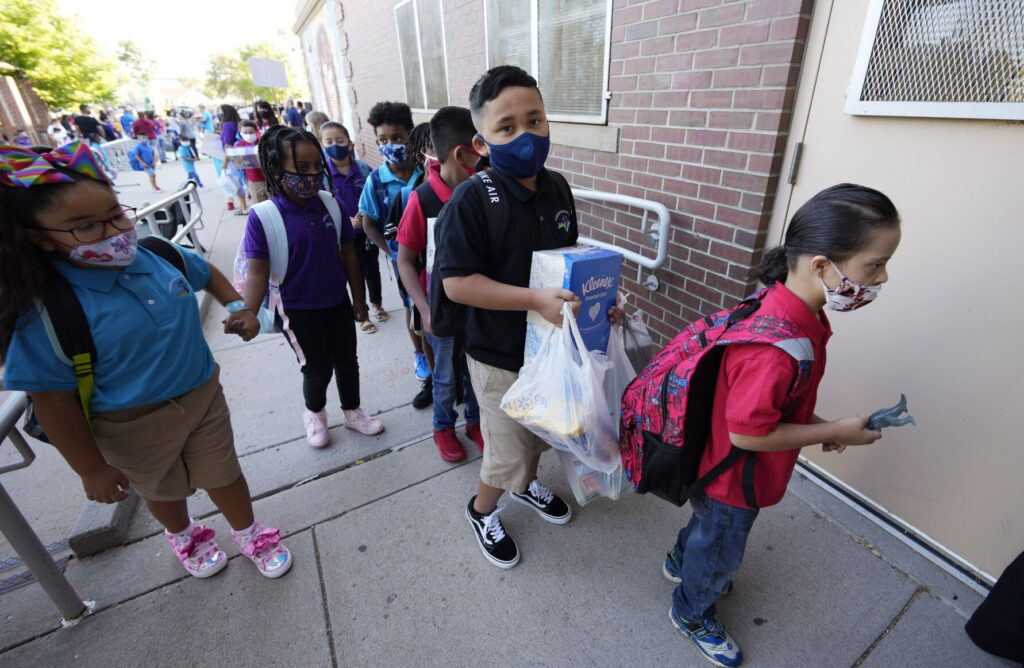Denver OKs $9 million expansion of supportive housing program for homeless

The Denver City Council approved a more than $9 million addition to a supportive housing program Monday, expanding housing placement and treatment for homeless residents.
This will bring the current $1.2 million contract with Colorado Coalition for the Homeless to over $10.2 million, funding the housing services through the end of 2023.
The council unanimously approved the resolution without comment Monday, though it faced substantial controversy within the council’s housing committee. In committee, Councilwoman Amanda Sawyer criticized the city’s decision to expand business with Colorado Coalition for the Homeless.
“They are failing to be accountable and to provide services that they already promised to our community in places that they already run,” Sawyer said. “Upping another contract … when they aren’t doing the job they should be doing … is extremely concerning.”
Denver church made into dorm-style affordable housing for homeless
Sawyer claimed the organization has failed to maintain one of its buildings in Denver, making it “dangerous” for people to live in.
Colorado Coalition for the Homeless did not respond to multiple requests for comment regarding this allegation.
Angie Nelson with the Department of Housing Stability said they chose Colorado Coalition for the Homeless because it had the best proposal in terms of the number of people to be served and the ability to quickly expand supportive housing.
“Knowing the current crisis that we have and that supportive housing is the product that is most in need to help solve and resolve homelessness for many of our folks … this felt like the right ‘right now’ kind of intervention,” Nelson said.
Common Sense Institute takes second bite at homelessness issue
Under the current contract, Colorado Coalition for the Homeless provides a treatment team, housing stabilization services and community support to 60 chronically homeless adults each year.
The additional funding will allow the organization to provide services to 234 people annually – supportive services for 54 people and rent subsidies to 120 people, covering the remainder of monthly rent after tenants have paid 30% of their income.
“We are sort of damned if we do and damned if we don’t,” Sawyer said. “We can’t say no to something like this because it’s an extraordinary need in our community. On the other hand, I want to say no because we can’t continue to keep doing business with an organization that is not accountable.”














